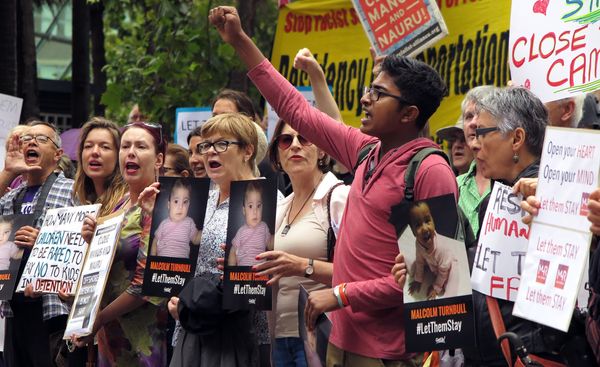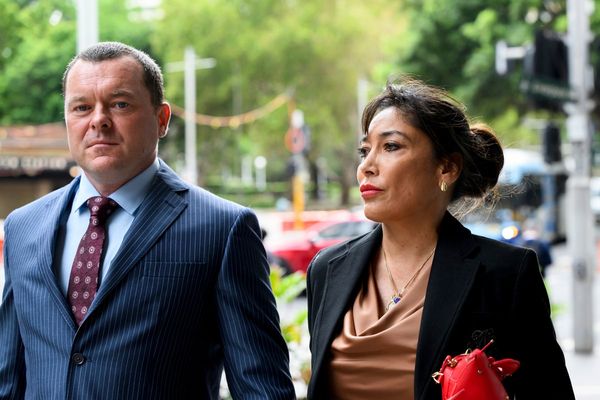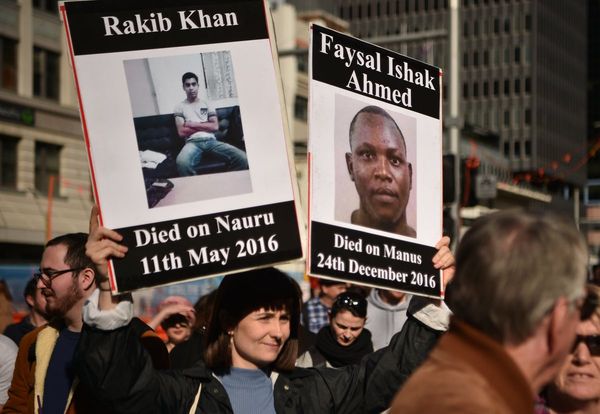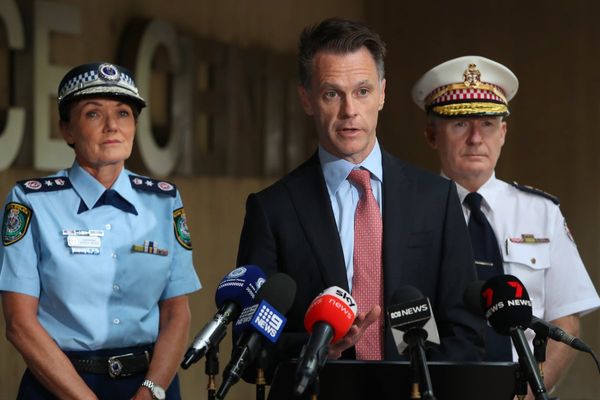
The media is regarded as Australia’s least ethical sector, the Governance Institute of Australia’s 2022 Ethics Index shows, with politicians, especially at the state level, also falling in terms of perceived ethical standards.
The media, along with social media companies Instagram, Facebook, Twitter and TikTok, are seen as the least ethical organisations, with journalists having a net ethical perception of negative nine, down from negative five in 2021. Just 9% of survey respondents thought journalists were “very ethical”; 41% of respondents thought journalists were somewhat or very unethical.
That places the media even lower than politicians. State parliaments had a net ethical score of negative four, and federal Parliament negative seven.
The public sector more broadly has continued to suffer a fall in perceptions of ethical behaviour. Emergency services are still the best-regarded elements of the public sector, though fire services have seen a marked fall in their highly positive net rating, from 85 to 75. Defence force personnel also saw a significant fall in perceptions of ethical behaviour (56 to 48), as have police (53 to 35) and judges (48 to 41).
State public servants are regarded as more ethical than federal public servants, who in turn are seen as more ethical than local council bureaucrats.
Local council politicians are the least worst-perceived politicians, with a net rating of -12. Federal politicians rate -20 and state politicians have fallen from -10 in 2021 to -22 this year. Federal and state parliaments are also the lowest-ranked public organisations.
The ABC remains perceived as the most ethical media outlet but has suffered a marked fall since 2021. It’s still well ahead of free-to-air television and radio. Pay-TV has a net ethical rating of just nine, and newspapers of just two.

No other sector is perceived as negatively as the media: large corporations have a net rating of negative three, compared to -15 for the media; resources companies — seen as the least ethical corporate sector — have a rating of negative one.
Both are below government, which in turn is well below trade unions (23) and the public service (31). The media also has the largest gap between the perceived importance of ethical behaviour in that sector and its actual performance — a gap of 85 points, much larger than the next biggest gap, 74 for large corporations, and 71 for government.
Health, education and charities are seen as the most ethical sectors, all with net ratings of over 50. Nurses (77), fire services (75), ambulance services (74), vets (73) and GPs (72) all have very high ethical perception ratings; primary teachers and childcare workers also have 60-plus ratings. Health and education also have the smallest gap between ethical expectations and perceived behaviour. Industry super funds are the best-regarded finance sector institutions (34, down from 39 in 2021) while payday lenders are by far the worst (-30).
While it’s long been known that journalists and politicians are among the least-trusted people in Western society — proverbially considered on the same level as used car dealers — the results suggest that the entire public and governing class in Australia has a significant issue with perceptions of its ethics.
Not merely are politicians and parliaments held in the same traditional low regard, public services have fallen in the eyes of respondents — not just the public service generally (down from 38 to 31) but even emergency responders, police and judges. Company directors and executives and corporations are also widely seen as unethical.
This results in a three-way smash of the unethical when the least ethical group, the media, reports on another unethical group, business executives, commenting on the policies of a third unethical group, government and politicians — a triumvirate of the ethically challenged that presumably inhibits meaningful public debate.
That the media has the biggest gap between public expectations of ethics and perceived behaviour out of any sector, and that perceptions of media ethics are declining, should ring alarm bells in Australia’s mainstream media (including the ABC, where perceptions have fallen significantly).
The mainstream media are famously self-obsessed, but without any of the insight and honest self-appraisal that might come from extended navel-gazing.
Expected to play a watchdog role on the powerful, the media instead is seen as the worst of the governing class. It’s a credibility gap that leaves the media poorly placed to report on and reflect on literally any other part of Australian society.
How much do you trust the media? Less or more than a used car dealer? Let us know your thoughts by writing to letters@crikey.com.au. Please include your full name to be considered for publication. We reserve the right to edit for length and clarity.







